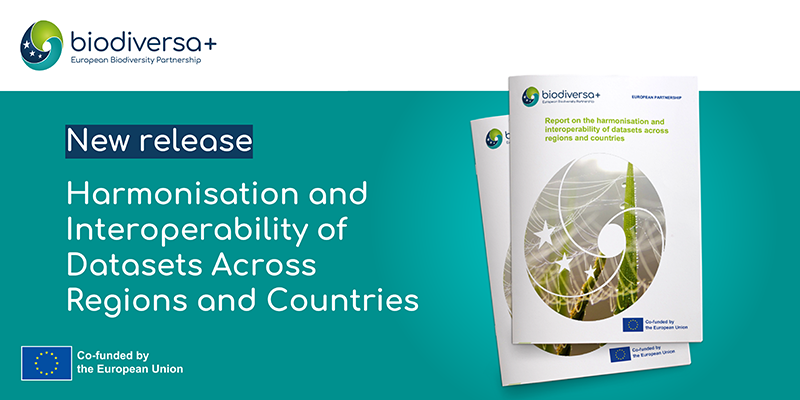Ensuring that data from different sources, methods and scales are compatible and comparable is one of the main challenges for biodiversity monitoring. Data interoperability is essential to enable cross-border collaboration and inform policy decisions.
However, the current state of data interoperability in Europe presents substantial challenges that hinder its effective use. This report aims to provide a comprehensive and practical guide for improving the quality, availability, and use of biodiversity data across regions and countries in Europe.
It encompasses an overview of the current state of data interoperability in Europe, identifies best practices and recommendations for harmonising data standards, formats and protocols, and showcases examples of successful initiatives that have achieved data interoperability in various domains.
By fostering a culture of collaboration and shared data needs, we can not only improve data interoperability but also ensure that data is used in an impactful way. More than a technical challenge, it is a critical step towards addressing the biodiversity crisis.
For more information, check our pages on Data Interoperability and Use of Data.




